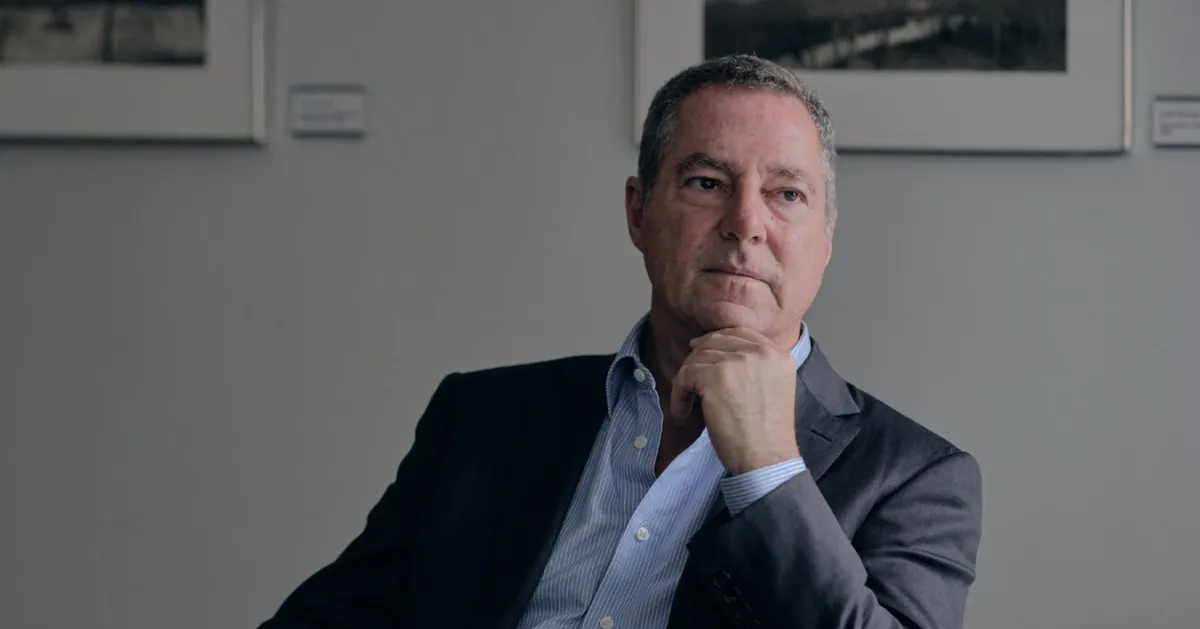
Since the beginning of President Trump’s first term, Brad S. Karp, the esteemed chairman of the law firm Paul, Weiss, Rifkind, Wharton & Garrison, positioned himself as a staunch defender against what he perceived as an unlawful and unpredictable presidency. With a long-standing history of fundraising for the Democratic Party, Mr. Karp took the initiative to unite prominent law firms in a “call to arms” aimed at legally challenging the Trump administration on critical issues, including the controversial policy of separating migrant children from their parents.
Mr. Karp has been vocal about the legal community's obligation to uphold the rule of law. In 2023, he organized a “Lawyers for Biden” fundraiser, further demonstrating his commitment to Democratic values. One of his top partners even provided debate preparation for Vice President Kamala Harris in her face-offs against President Trump. Given this background, it was no surprise when Mr. Trump targeted Paul Weiss with an executive order that posed a potential existential threat to the firm. This order, however, was legally questionable and undermined fundamental principles of the justice system.
In light of the executive order, Mr. Karp initiated discussions with another major law firm to present a unified and bipartisan front against the order in court. However, in a surprising turn of events, Mr. Karp entered the Oval Office on Wednesday morning at 8:30 a.m., signaling a departure from his adversarial approach. His objectives had shifted; he was now seeking a path toward collaboration and negotiation.
Just one day later, President Trump made a significant announcement indicating that Mr. Karp had agreed to contribute $40 million in pro bono legal services. These services are intended to support issues championed by the president, including a task force led by the Justice Department focused on combating antisemitism and other mutually agreed-upon projects. This unexpected partnership marks a notable shift in the dynamics between the legal community and the Trump administration, showcasing the complexities of legal and political alliances.
As this situation continues to unfold, it remains to be seen how this collaboration will impact the broader legal landscape and the ongoing discourse surrounding the rule of law in America.